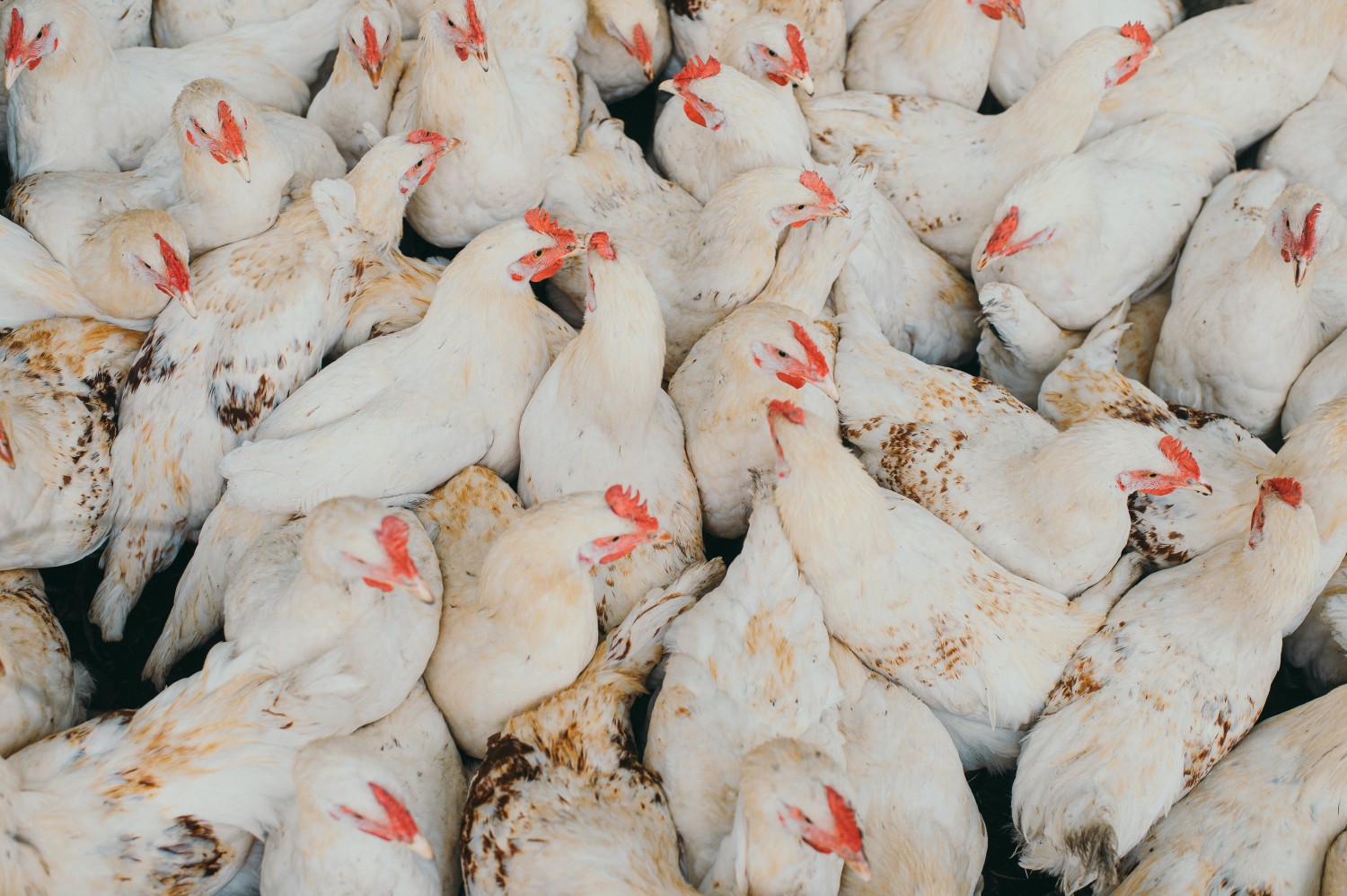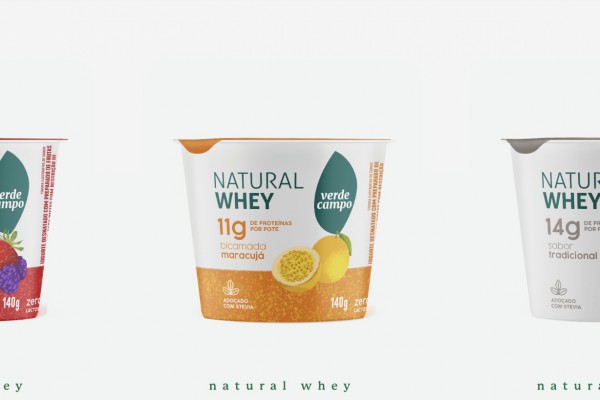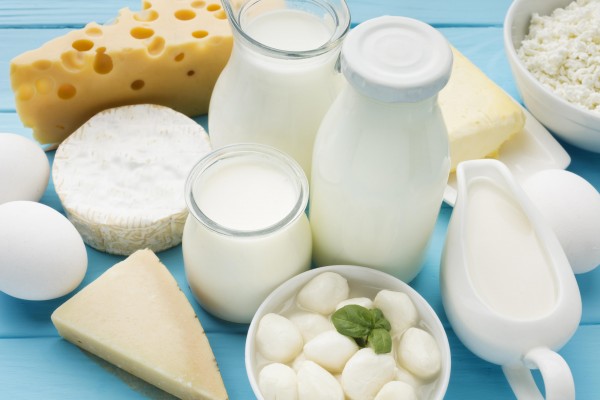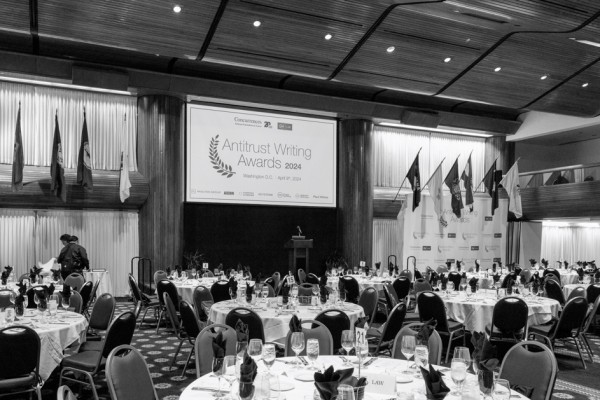South African Poultry Association (SAPA) general manager Izaak Breitenbach said this in the latest edition of the association's Poultry Bulletin.
In the latest edition of SAPA’s official bulletin, Breitenbach took issue with the Competition Commission’s market inquiry into the structure of the poultry industry. Central to the inquiry will be the issue of concentration of large companies in the broiler and egg industries.
The Commission believes that the industry is dominated by a few large vertically integrated companies, and that there are market features within the industry that impede or distort competition.
“It is indeed so that the South African industry is highly concentrated and integrated, which is not a result of nefarious practices, but a symptom of a mature industry,”
said SAPA general manager.
According to him, South Africa’s poultry industry is not dissimilar to its counterparts in Europe, the United States and Brazil.
“In Brazil, for instance, two companies, BRF and JBS, dominate poultry production and account for around 70% of all poultry for export and half of all slaughtering. In the US Tyson Foods and Pilgrim’s Pride have a combined market share of almost 50%. Tyson alone produced 47 million chickens per week in 2022.”
Breitenbach said South African poultry producers had to compete with these huge international companies that export to South Africa at such volumes that imports are the second biggest “producer” of chicken in the country.
He recalled that poultry companies were in loss in 2023, which was widely considered to be the worst year for poultry farmers in South Africa.
“The integrated companies saw significant losses, and hundreds, if not thousands of smaller producers were simply forced to close their doors. When even the country’s largest producer shows a financial loss for the first time in its 23-year history, you know the industry is in trouble,”
He also mentioned the complexities of the poultry business:
“You are very much on your own, and best you ensure your own feed sources, water and electricity supply and other inputs so that economies of scale may enable your survival. Not everyone can afford to do that, but the solution is not to punish those who do.”
Breitenbach said that poultry producers would co-operate with the competition investigation and that any scrutiny of the industry will serve to “confirm that South Africa’s producers are globally competitive.”
Holy War on Imports
South Africa's poultry industry has been experiencing a host of problems since 2023, when a new strain of bird flu spread rapidly across the region and within three months wiped out a quarter of the chicken population.
Earlier this year, the International Trade Commission of South Africa (ITAC) and the Department of Trade and Industry implemented tariff rebates on imported frozen chicken to address a shortage of chicken in the market. This measure drew criticism from South African poultry farmers.
In particular, SAPA called the rebates “unnecessary, unjustified and damaging” to the local poultry market.
SAPA states that the industry is gradually recovering and there is no shortage of chicken in the local market. Introducing discounts on chicken imports would add to current oversupply and unfairly compromise the market share of local producers.
“This threatens local farmers and local jobs with unfair competition,”
founder of the Fairplay Movement, Francois Baird said.
Meanwhile, Hume International, one of the country’s major importers of frozen chicken, said the interests of local producers were not jeopardized by tariff rebates in any “substantial way”, and local producers and importers were not in direct competition.
“The fact of the matter is, we’re not competing on price. We’re predominantly importing cuts that the local market does not supply in abundance, such as wings and drumettes,”
Hume International’s managing director Fred Hume said.
According to Hume, much of what local suppliers produce in these segments goes to quick-service restaurants, leaving the rest of the market dry. “Imports simply serve to bridge the gap in these shortfalls, and without the rebates, this chicken risks becoming unaffordable for many businesses,” he said.
Fairplay Movement denies Hume's words and stresses that just under 20% of locally produced chicken goes to the food service industry. Nearly half of local production goes into packs sold in local supermarkets. “And it is here that the unfair competition is felt from imported frozen chicken portions.”
ITAC said it is currently engaged in a “process of evaluating the situation in line with the framework outlined in the Guidelines”, to ensure that it is in a position to “make an informed decision pertaining to the possible issuance of permits for the following quarter.”
Sources: Fairplay, The Citizen




